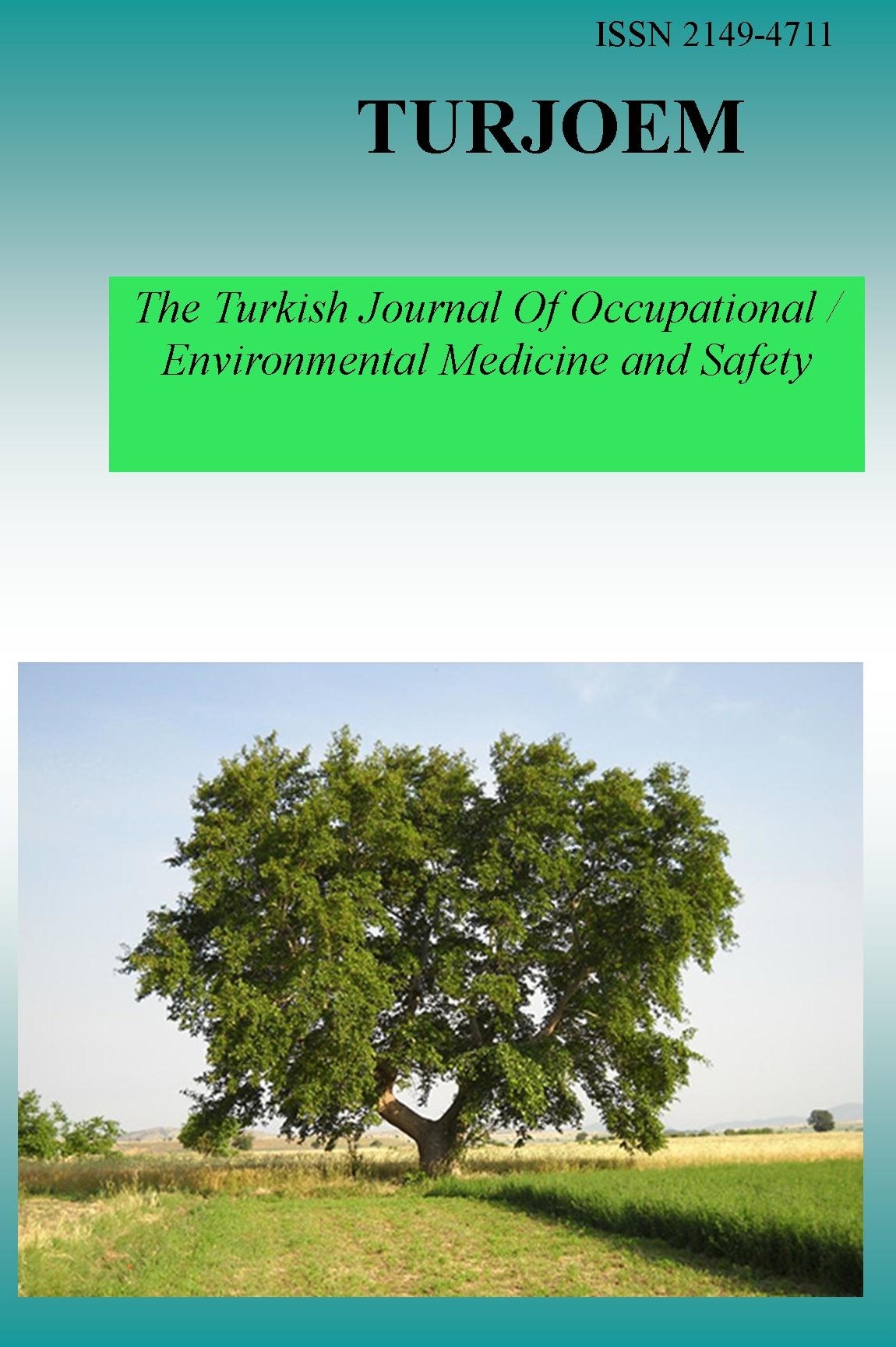MELATONIN’S PRO-OXIDANT EFFECT IS AN ADVANTAGE OR DISADVANTAGE FOR NORMAL AND CANCER CELLS?
MELATONIN’S PRO-OXIDANT EFFECT IS AN ADVANTAGE OR DISADVANTAGE FOR NORMAL AND CANCER CELLS?
Melatonin is one
of well-known antioxidants that prevents from many diseases. There is no
evidence belong to in vivo studies that melatonin is pro-oxidant. In lots of in
vivo investigations indicate that melatonin is antioxidant even at high
concentrations. On the contrary, it has been revealed that it may have
pro-oxidant effects in some normal and cancer cells. Melatonin shows this impact with producing
reactive oxygen species (ROS). High dose melatonin administration to normal
cells such as human liver cell line (HepG2) and melanoma cells, ovine embryos
lead to ROS generation and inhibition of cell proliferation, respectively.
Hence, melatonin can be considered as cytotoxic in high concentrations. Giving
high dosages of melatonin to cancer cells such as human leukemia cells
containing Jurkat cells, MOLT-4 and CMK cells, hematopoietic tumor cell lines
were resulted with decrease in cell viability and ROS production. But this
situation is an advantage for ceasing the tumorigenesis. In one of the
experiment with normal and tumor leucocytes the similar responses to the same
concentrations of melatonin were evaluated. Identical pro-radical effect was
observed in both cells. On the other hand, their viability and proliferation
were not affected. It can be
summarized that these function of melatonin in both healthy and cancer cells is
challenging for tissue-specific cancer investigations. Due to the same
effectiveness with melatonin both in normal and cancer proliferation may not
seem advantageous.
Keywords:
MELATONIN’S PRO-OXIDANT EFFECT IS AN ADVANTAGE OR DISADVANTAGE FOR NORMAL AND CANCER CELLS?,
___
- Dilşad ÖZERKAN
- Kastamonu University, Faculty of Engineering and Architecture, Department of Genetic and Bioengineering, Kastamonu 37100 TURKEY
- ISSN: 2149-4711
- Başlangıç: 2015
- Yayıncı: Engin TUTKUN
Sayıdaki Diğer Makaleler
DNA DAMAGE AND REPAIR IN CANCER
THE PRESENCE OF FUSARIUM MYCOTOXINS IN AGRICULTURAL PRODUCTS AND ITS EFFECTS ON HUMAN HEALTH
Funda ZEYTUN, Hilal YILDIZ, Yeşim DAŞDEMİR
THE EFFECT OF ARSENIC ON HUMAN CELLS AND PROTEINS INVESTIGATED USING SPECTROSCOPIC TECHNIQUES
HERBAL GALACTOGOGUES ON MILK PRODUCTION
ASSESSMENT OF THE PROTECTIVE EFFECTS OF ANTIOXIDANTS ON ACRYLAMIDE INDUCED TOXICITY IN RATS
Ayfer BECEREN, Sezgın AYDEMIR, Gülden Z. OMURTAG
HERBAL AND OVER THE COUNTER MEDICINE USE OF ELDERLY PATIENTS IN SURGICAL WARDS
Ali Akbar MALEKIRAD, Samira SHAHRJERDI, Marziyeh AHMADI, Mohammad ABDOLLAHI
FUTURE TRENDS IN FORENSIC SCIENCES
THE ANALYTICAL INSRUMENTATION METHODS NEEDED FOR MODERN FORENSIC TOXICOLOGY LABORATORY
